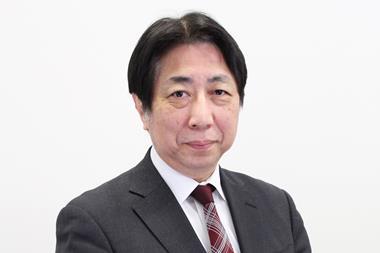Norway’s sovereign wealth fund, which invests around 8% of its equities allocation in Japan, has used an exercise by the Asian country to revise its corporate governance code to push for even more independence on Japanese company boards.
Responding to consultations on revisions to the Japanese Corporate Governance Code as well as guidelines for investor and company engagement – which apply to listed firms – Norges Bank Investment Management (NBIM) said: “We welcome the recommendation in the revised code for companies listed on the prime market to appoint at least one-third of the board as independent directors.”
But it the Oslo-based manager of the Government Pension Fund Global (GPFG) added: “We would encourage the council over time to consider adopting a standard of a majority of independent board members for the prime market to align with global best practices.”
For companies listed on other markets, NBIM said there should be a board independence requirement of a third, aiming for a majority over time.
The response from NBIM came in two letters, written to the Japanese Financial Services Agency (FSA) and the Tokyo Stock Exchange, and signed by Carine Smith Ihenacho, NBIM’s chief governance and compliance officer, and Peter Alexis Wegerich, senior economist and the central bank department.
The pair said NBIM had seen a gradual increase in independence levels on Japanese boards since the code was introduced in 2015.
NBIM also highlighted the issues of board composition, the nomination process and sustainability reporting.
Apart form being independent, boards should also have a diversity of skills and backgrounds, Smith Ihenacho and Wegerich wrote, saying they welcomed the amendment to the code stressing the importance of considering diversity in the board nomination process.
On the topic of sustainability and ESG, the draft revised code states that listed companies should develop a basic policy and disclose initiatives on the company’s sustainability, and “enhance the quality and quantity of climate-related disclosure based on TCFD [Task Force on Climate-related Financial Disclosures] recommendations or equivalent international frameworks at prime market-listed companies,” according to the Japanese FSA.
While NBIM said it welcomed the reference to the TCFD, which it said provided “an efficient structure for climate reporting on governance, strategy, risk management, and metrics and targets”, Smith Ihenacho and Wegerich also said that in their view, boards should make sure company reporting reflected all material sustainability risks and opportunities.
“While climate change is a material topic for many companies, other sustainability issues can also be financially material, and we note the reference to the International Financial Reporting Standards (IFRS) to develop a unified sustainability framework,” the pair wrote.
They praised the extra item in the guidelines for investor and company engagement about enhancing dialogue between shareholders and companies, and said over the last few years, NBIM had seen Japanese companies being increasingly willing to engage with shareholders.
“We would welcome further engagement directly with independent directors, especially in companies where the chairperson is an executive,” they said.
At the end of 2020, Japanese stocks made up 8.2% percent of the GPFG’s equity holdings, which at that point amounted to NOK7.9trn (€788bn).










